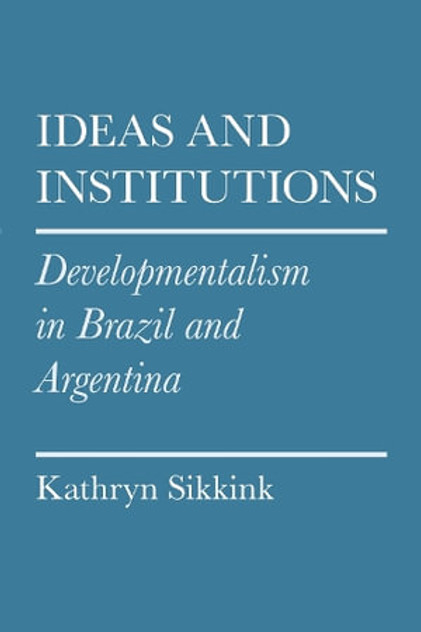The World Trade Organization (WTO) is responsible for overseeing a number of international agreements that regulate trade between most countries of the world. However, because of the political sensitivity of food and farming, it has always proved difficult to achieve trade liberalization for agricultural products. In particular in Europe the common agricultural policy (CAP) has protected farmers, to the chagrin of more efficient producers elsewhere who see their
export ambition frustrated. In both the Uruguay Round and the Doha Round of multilateral trade negotiations, freeing-up trade in agricultural products was a major problem for the European Union (EU),
with impasse on the agriculture negotiations threatening trade liberalization in manufactured goods and services. This book examines the causes and consequences of this exceptional treatment for agriculture in world trade rules and the EU, and shows how, with new ideas permeating the discussions, a new Agriculture Agreement in the WTO led to CAP reform, which in turn allowed for greater flexibility in subsequent international trade negotiations.

